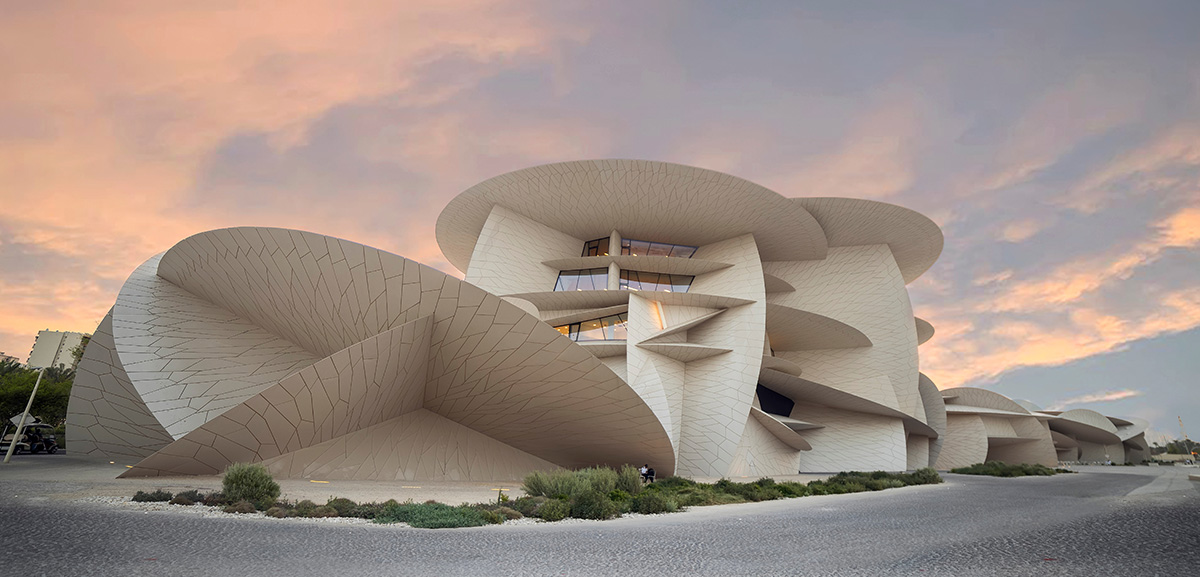We have a love-hate relationship with caffeine. We all know consuming too much will lead to a crash, and a headache, but we also know it can be a great energy booster in a pinch. Even if you only have a small serving of caffeine, your body will metabolize it out of your system within 8-14 hours, leading you to feel sluggish and sometimes even sick.1

But what if I told you strategically consuming caffeine rather than drinking it habitually could provide an energy reservoir, so to speak, that you could tap into any time you liked?
Drink caffeine strategically
Chris Bailey, the author of The Productivity Project, was also sick of the caffeine hangover, but didn’t want to abandon the stuff. So he decided to try something: he consumed caffeine before doing any number of important things. For instance, he would have caffeine before giving a presentation, writing an important article, or just checking off something big on his to-do list. Regardless of what the task was, he made sure it was one that was important and required plenty of focus and brain energy.
The aim of the experiment was simple: how can you make the most of that caffeinated high before the crash comes? Utilize the period before the caffeine crash.

Caffeine prevents your brain from absorbing a chemical called adenosine. This chemical triggers the flags in your brain that let you know you’re tired. While caffeine blocks your brain from absorbing the chemical, it continues to build up until caffeine eventually lets your brain absorb it. So at that point, you’re going to suddenly feel as though you’ve been hit by a train and all you want to do is sleep.
But if you drink coffee, or any caffeinated beverage strategically, you can make better use of that time when your brain isn’t receiving those signals. In fact, you could even rest intermittently before that crash hits.
What you can’t drink
Before you start stocking up on sugary caffeine drinks or whip out your Starbucks mobile app to grab a caffeinated frappuccino, let’s get some ground rules out of the way. You can’t have sugary or alcoholic caffeinated drinks. These types of beverages come with their own kind of crash, so layering them on is only going to make that hit of adenosine come on harder and faster, ultimately leaving you feeling even worse.
Instead, opt for green tea or matcha. These naturally caffeinated teas are full of antioxidants which can help slow and regulate the caffeine crash.
When to caffeinate
At this point, you might be brewing a cup of coffee already, but be careful not to use caffeine as a band-aid. The goal is to take advantage of the window of productivity, not to continue to consume it until you’ve gotten through your day and need to sleep. Along those same lines, it’s important to avoid caffeine as much as possible if you’re about to work on something creative; it’s been shown to hurt right-brain-related tasks.
If it works for your daily schedule, consume caffeine between 9:30 and 11:30 a.m. This is when caffeine will have the greatest impact on your energy, because it’s usually the time of day when you naturally start to feel a little sluggish. And always remember, avoid caffeine less than 8 hours before you go to bed so it doesn’t affect your sleep.
Pro Tip: Because you know a caffeine crash will typically have you falling asleep about 8-12 hours after you drink it, plan to have a big cup of coffee twelve hours before an overnight flight. You’ll sleep like a baby.
Who can caffeinate
Obviously if you want to drink coffee or caffeinated tea, we aren’t trying to stop you. But it is helpful to note that it does affect certain people differently.
Caffeine has been shown to make introverts perform poorer on tasks that are quantitative and done under time pressure because introverts are more stimulated by their environment; that extra bit of stimulation provided by caffeine can push an introvert over the edge.2
Interestingly enough, it’s been found to have the exact opposite effect for extroverts. If you’re a very outgoing and social person, caffeine before a big task could be perfect for you.
For ambiverts, or those who fall somewhere in the middle, strategically consuming caffeine will be your best bet.
What works best for you?
Some of the strategy involves experimenting. You may find your 6am cup of java gets you to 10am only, but that’s when you typically have some kind of protein to get you through. Others may discover they should drink coffee later – perhaps 9:30am when their cortisol is naturally lower – and it changes their whole day. Regardless of what you discover works best for you, the goal is to time your crash.
Personally, I like to go to bed around 10:30p.m. I like to make sure to have my caffeine 12 hours earlier so I can hop into bed and fall asleep. Once you figure out what schedule works best for you, you’ll be amazed at the difference a cup can make.
Source: Sam Aloysius, lifehack.org






Leave A Comment
You must be logged in to post a comment.